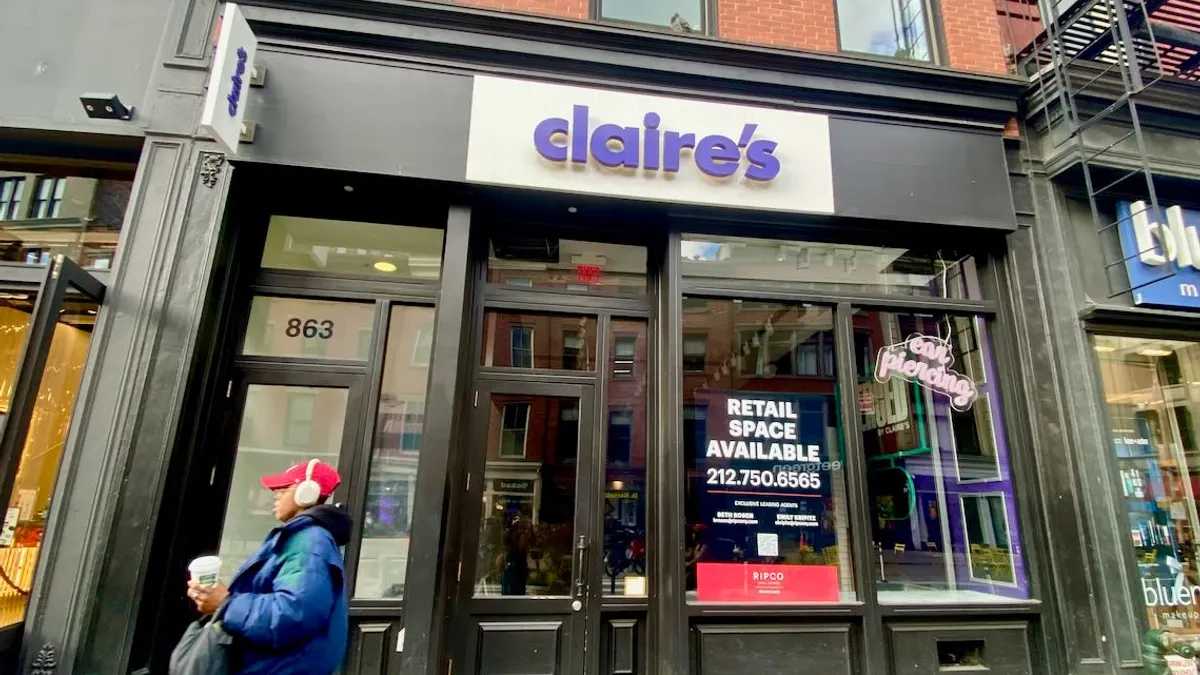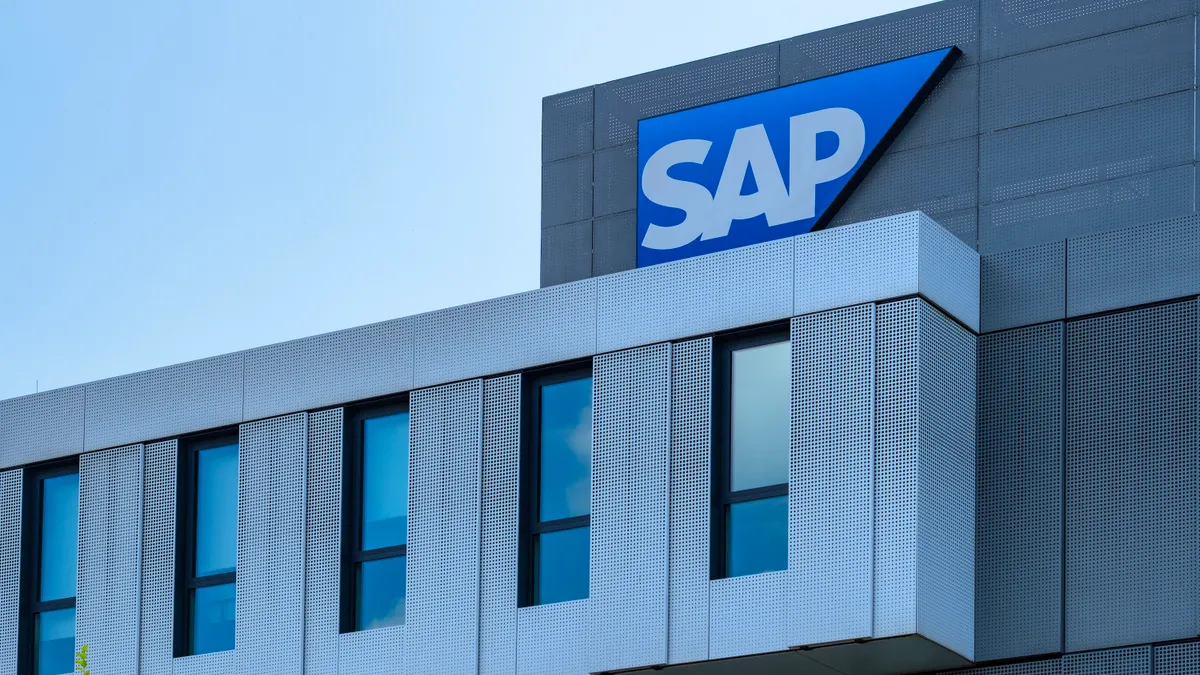As the cloud infrastructure as a service (IaaS) market has shaken out contenders, three vendors sit above providers vying to carve out a niche in technology with a prohibitively high cost of entry: Amazon Web Services, Microsoft Azure and Google Cloud.
The vendors won't surprise anyone who works in technology. Year in and year out industry weighs the merits of adopting AWS when its parent company Amazon keeps disrupting new markets, like retail and grocery.
Microsoft is seen as a tempting alternative and the vendor has focused on making nice with fellow providers, prioritizing interoperability over cloud politics in partnerships with companies like Oracle.
Google Cloud, meanwhile, wants maturity. With a new CEO at the helm, its sales push aims to yield big name, Fortune 500 customers.
Market dynamics have remained rigid year-over-year. As the multicloud era emerges, more companies need to make big purchasing decisions, which will continue to boost the market's growth. But choices are limited. A handful of providers are the standard choices for storage providers.
In its 2019 IaaS worldwide Magic Quadrant, Gartner marks AWS, Microsoft and Google as IaaS leaders. Oracle, Alibaba Cloud and IBM trail as niche players.
AWS is the de facto market champion, accounting for 47.8% of the 2018 IaaS public cloud services market share, according to Gartner analysis released Monday. AWS has more than three times the market share of Microsoft, which has 15.5%. Alibaba, Google and IBM round out the top five.
IaaS public cloud market share, 2017-2018
| Company | Market share, 2017 | Market share, 2018 | Growth, 2017-2018 |
|---|---|---|---|
| Amazon | 49.4% | 47.8% | 26.8% |
| Microsoft Azure | 12.7% | 15.5% | 60.9% |
| Alibaba | 5.3% | 7.7% | 92.6% |
| Google Cloud | 3.3% | 4% | 60.2% |
| IBM | 1.9% | 1.8% | 24.7% |
| Others | 27.4% | 23.2% | 11.1% |
SOURCE: Gartner
All told, the top five account for 77% of the IaaS market. That, however, doesn't capture the full picture.
AWS's growth rate between 2017 and 2018 was 26.8%. Meanwhile, Microsoft and Google each grew more than 60% year-over-year, according to Gartner. Alibaba grew more than 92%.
Amazon will continue to see market "erosion" as other vendors reach feature parity across data centers, Sid Nag, VP analyst at Gartner, told CIO Dive. While the order of the market ranking has remained the same, the dynamics have changed, marked by a surge from Azure, Alibaba and Google.
"That should be a worry for Amazon," Nag said. Part of the concern is Amazon's performance in the complete market. Without software as a service capabilities, moving infrastructure alone "becomes less sexy."
Instead, customers want to strengthen business models while migrating applications and workloads.
Other vendors seeing significant growth does not spell the end for a dominant vendor. Amazon may rule the roost, but there is plenty of market room to grow for other vendors.
"It's such a fast-growing market, you don't need to take market share away from anybody else to have 100% growth," said Deepak Mohan, research director, infrastructure systems, platforms and technologies group at IDC, in an interview with CIO Dive. "That's the key."
Alibaba, the giant growing abroad
While AWS, Microsoft and Google Cloud dominate the U.S. markets, Alibaba is carving out market share abroad.
Known as Aliyun in Chinese, Alibaba Cloud is a segment of Chinese conglomerate Alibaba Group, which has retail, e-commerce and technology operations, a business akin to Amazon.
With a foundation in providing platform services for the company's e-commerce division, Alibaba is the dominant cloud provider in China, accounting for 42% of the market share, according to Gartner.
"Alibaba's growth is correlated with China's growth," said Mohan. The company has existing large-scale government projects for work across China and the government is continuing to invest in technologies as part of broad modernization.
Alibaba is not alone in its success in China. Other China-based companies like Tencent, Baidu and China Telecom are seeing growth as a result of increased Chinese spending in IT.
They are also edging into the top 10 global IaaS providers, according to Mohan.
Even with Alibaba's ascent in the market share rankings — now in the top five — its focus has remained overseas.
"They haven't really made a big dent in the U.S.," said Nag. Alibaba focused on Asia Pacific and China. It is also moving aggressively in the India market.
The primary use case for companies looking to adopt Alibaba's IaaS is for those in China and Southeast Asia interested in capitalizing on the vendor's relationship with parent company Alibaba Group, according to Gartner. It's also a key option for companies looking to host infrastructure in China.
Are there others?
Gartner's Magic Quadrant is not exhaustive in the scope of IaaS providers.
In its 2018 Magic Quadrant, the analyst firm dropped eight providers: Virtustream, Rackspace, CenturyLink, Fujitsu, Interoute, Skytap, Joyent and NTT Communications.
The streamlined market assessment maintained the same players in 2019, without "visionaries" or "challengers" to contend with the six cloud mainstays.
Outright market newcomers are unlikely, given the high cost of market entry. Companies looking to dabble in the IaaS require deep pockets and an extensive hardware investment.
Oracle made a noisy entrance into the IaaS market in 2016, but they are "struggling," said Nag. "If you don't operationalize the technology and build out the data centers and the regional bases across the whole entire globe, it becomes extremely hard to compete head on in all the different aspects of the business."
In Gartner's view, Oracle is unlikely to ascend to the ranks of general-purpose provider with integrated IaaS and PaaS. The firm attributes its struggles to its late start, the market control of existing hyperscale providers and the "polarizing nature" and relationship Oracle has with developers.
Telecommunications companies have the resources required to enter the IaaS market, but the providers have shied away from heavy investment.
In 2011, Verizon Communications purchased Terremark Worldwide, which had managed IT infrastructure and cloud services. But in 2017, the company sold its cloud services operations to IBM.
AT&T recently announced a cloud-first model, leaning on IBM and Microsoft rather than building out its own infrastructure.
If anything, the IaaS market is likely to see more exits and consolidation. It paves way for what IDC refers to as "mega platforms."
These providers, like Amazon and Microsoft, operate as the underlying provider for everything, said Mohan. "We don't know which ones it will actually be, but that's a long-term view of how things could look."
Keep in mind there are still smaller providers, which serve niche interests and SMBs.
Vendors like GoDaddy entered the market in 2017. Digital Ocean was founded in 2011 and focuses on compute and storage. It continues to see growth in mid-market and developer use cases, according to Mohan. Storage-only company Wasabi is also seeing growth, focusing on lower cost storage for specific use cases.



















